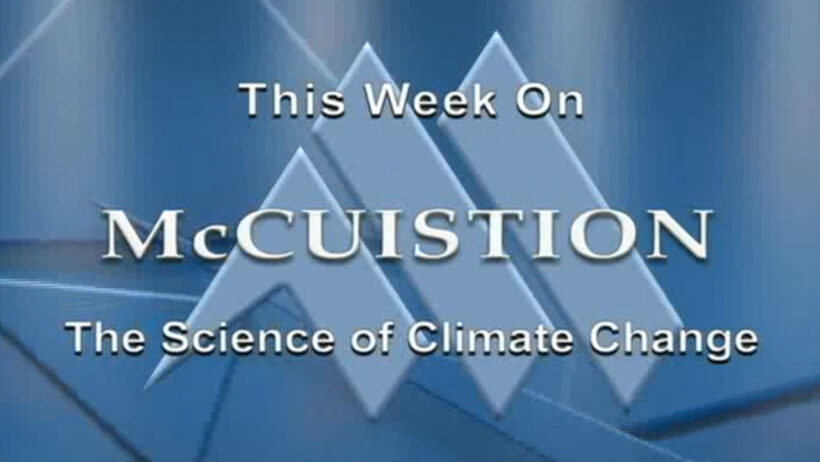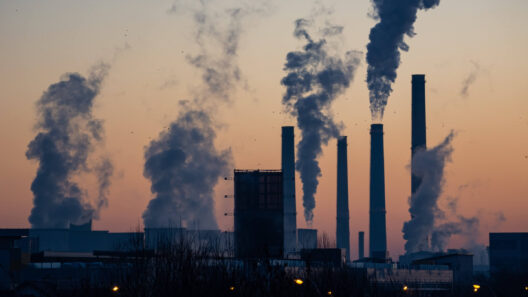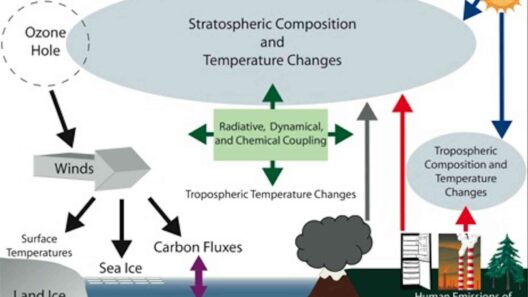The phenomenon of global warming presents an intricate tapestry of scientific evidence, generating substantial discourse among experts and laypersons alike. This discourse often circles around a fundamental query: does global warming harmonize with the established laws of science? To navigate this pivotal inquiry, it is essential to dissect the scientific principles underpinning climate change while addressing the common perceptions that can obscure a comprehensive understanding.
At the outset, we must appreciate the foundation of global warming—an increase in Earth’s average surface temperature largely attributed to human activities. The primary driver is the augmentation of greenhouse gases in the atmosphere, notably carbon dioxide (CO2), methane (CH4), and nitrous oxide (N2O). These gases are primarily released through the burning of fossil fuels, deforestation, and various industrial processes. An abundance of empirical studies corroborates the correlation between these emissions and a noted rise in global temperatures, conforming meticulously to the laws of thermodynamics, particularly the principles governing radiative heat transfer.
One of the most illuminating yet simple aspects of physics—the greenhouse effect—underscores the fundamental mechanics of global warming. Solar radiation penetrates the Earth’s atmosphere and warms the surface. This heat is then re-radiated as infrared energy. Greenhouse gases absorb and re-emit some of this infrared radiation, effectively trapping heat in the atmosphere. This understanding, rooted in the laws of physics, establishes a causative nexus: an increased concentration of greenhouse gases leads to a warming Earth, aligning perfectly with the principles recognized in the scientific community.
Despite the scientific consensus regarding the general mechanics of global warming, a common observation persists, especially in conversations among skeptics: why is there still a debate? The answer delves into the multifaceted nature of science itself and human psychology. Scientific understanding is not merely an aggregation of facts; it is a dynamic process influenced by societal beliefs, cognitive dissonance, and the dissemination of misinformation. This, combined with vested interests in fossil fuel economies and a fear of change, complicates the public’s perception of climate science.
Moreover, the temporal disconnect between cause and effect in climate science poses a significant hurdle. While greenhouse gas emissions have escalated dramatically since the Industrial Revolution, the corresponding climatic effects manifest over extended periods, often spanning decades or even longer. The gradual nature of these changes can engender a sense of skepticism; individuals may observe local variations in weather patterns and confuse them for broader climatic shifts. This misinterpretation is a natural human inclination, as we are wired to seek immediate responses rather than contemplate gradual transformations.
Further exacerbating this cognitive bias is the presence of climate models, which, despite their robustness, often face mistrust. Models generate projections based on current data and historical trends, offering predictions about future climate scenarios. However, inherent uncertainties in these models can be misconstrued as flaws, leading to the dismissal of their findings. Critics argue that scientists should not predict the future when the future is replete with variables. Yet, it is vital to recognize that scientific models are not crystal balls; rather, they are sophisticated tools that provide insights into probable outcomes based on current trajectories.
Understanding the interplay of feedback loops also enriches the discussion on global warming and the laws of science. The Earth’s climate system comprises numerous interrelated components, from ocean currents to ice sheets. Small changes can induce significant alterations throughout the system. For instance, melting polar ice reduces the Earth’s albedo—its reflectivity—causing it to absorb more heat and, consequently, amplifying warming. This exemplifies a positive feedback loop, which again aligns with scientific principles governing complex systems.
As we examine the socio-political landscape surrounding climate science, it becomes apparent that cultural values and collective actions play a decisive role. The phenomenon of confirmation bias can lead individuals to selectively accept information that aligns with preexisting beliefs while disregarding contrary evidence. This psychological barrier underscores the importance of fostering robust climate literacy. A society that comprehensively understands the underlying scientific principles is better equipped to confront the challenges posed by global warming, thus facilitating informed decision-making and proactive adaptation strategies.
Encouragingly, the scientific community remains resilient. As mounting evidence continues to emerge, studies pinpointing the impacts of climate change on ecosystems, health, and economies grow ever more pressing. Collaborative international efforts emphasize global responsibility, recognizing that climate change is a transcendent challenge that surpasses national borders. The urgency of the climate crisis catalyzes action, compelling innovations in renewable energy, ingenious carbon capture technologies, and sustainable practices that resonate with the overarching scientific narratives.
To synthesize, global warming not only squares with the laws of science but also serves as a touchstone for broader societal discussions about our relationship with nature. The nuances of scientific inquiry, interwoven with human beliefs and the complexities of the global economy, craft an elaborate picture of our current climate predicament. As we traverse this landscape, cultivating a deeper understanding of the scientific mechanisms at play can empower us to navigate the intricate realities of climate change and effectuate meaningful change. The exploration of these scientific laws and their implications highlights not just the dire challenges ahead but also the profound opportunity we have to redirect our trajectory toward a more sustainable future.







